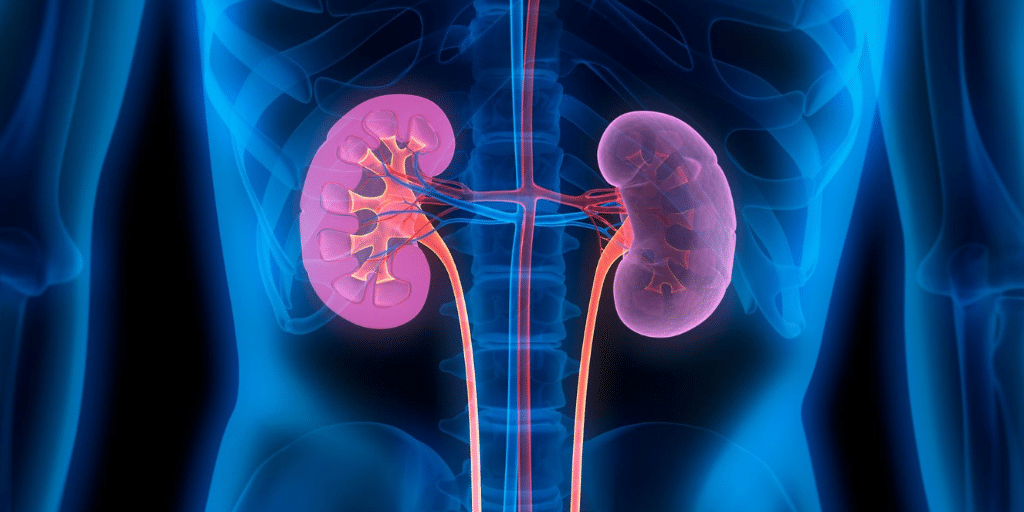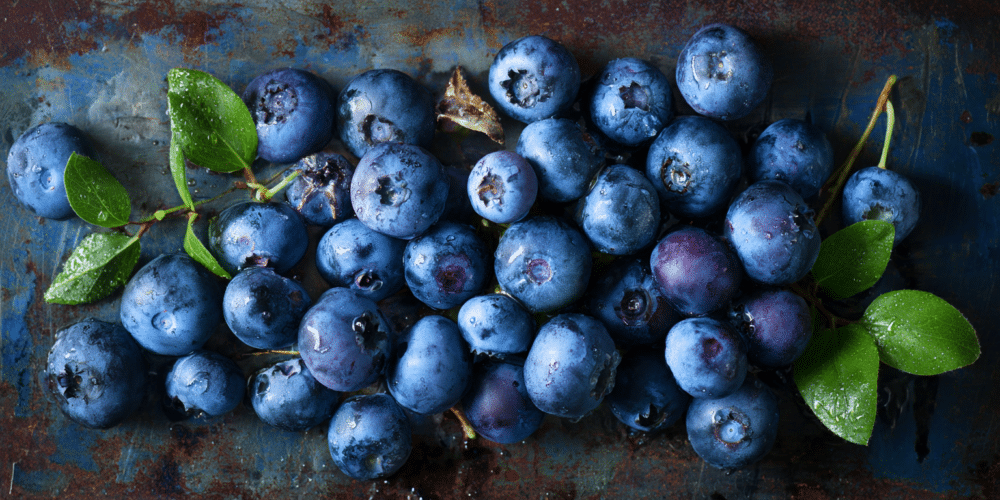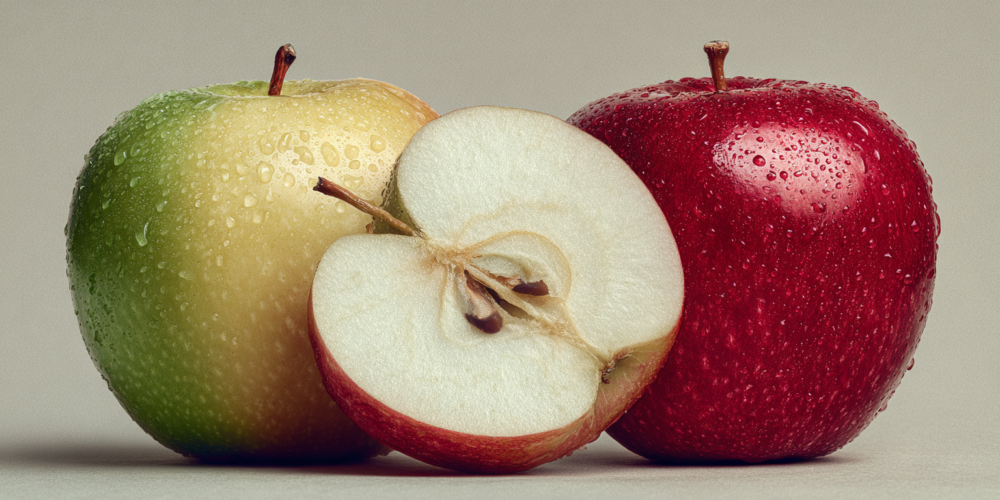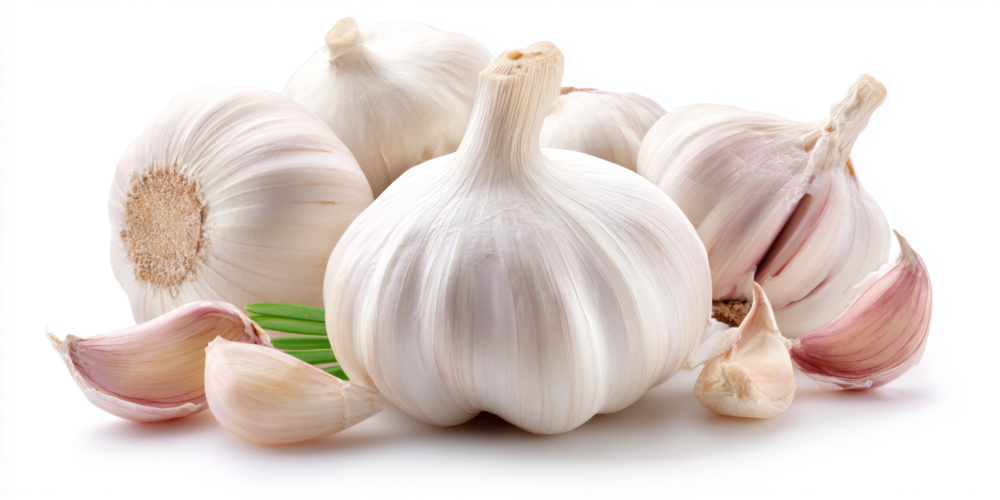
Have you ever stopped to think about the incredible work your kidneys do? These two fist-sized, bean-shaped organs are your body’s master purification system, filtering all of your blood every single day to remove waste, excess water, and harmful toxins. They also play a crucial role in regulating your blood pressure, balancing electrolytes, and even producing essential hormones. Your kidneys are absolutely vital for your overall health, but they can be damaged by conditions like diabetes, high blood pressure, kidney stones, or even certain medications. The good news is, you have the power to protect them.
It might surprise you to learn just how much you can improve your kidney health simply by making conscious choices in your daily diet. A wealth of evidence shows that specific foods can help prevent kidney stones, reduce inflammation, and protect your kidneys from long-term damage, sometimes even helping to reverse existing issues to a degree. In this article, we’re going to dive deep into the 10 best foods for your kidneys, explaining exactly how they work and how you can incorporate them into your meals. Then, we’ll uncover the 6 common foods that are secretly harming your kidneys, so you know what to limit or avoid. Remember, if you’re experiencing symptoms of kidney trouble, it’s essential to consult your doctor to understand the root cause before making any significant dietary changes.
Key Takeaways
- Protective Foods: Certain foods like blueberries, apples, cabbage, and olive oil are packed with antioxidants and anti-inflammatory compounds that protect kidney cells from damage.
- Hydration is Key: Foods with high water content, such as cucumber and watermelon, along with drinking plenty of water, help your kidneys flush out toxins and function efficiently.
- Harmful Foods: Processed foods, sodas, and items high in sodium, sugar, and unhealthy fats put a significant strain on your kidneys, leading to damage over time.
- Lifestyle Matters: Beyond diet, managing your blood pressure and blood sugar levels, staying hydrated, and avoiding self-medicating with over-the-counter painkillers are crucial for long-term kidney health.
10 Foods to Supercharge Your Kidney Health
10. Blueberries

These small, deep-blue berries are nutritional powerhouses, renowned for their high concentration of antioxidants called anthocyanins. These compounds are what give blueberries their vibrant color and their incredible health benefits. For your urinary tract, they work by preventing harmful bacteria, like E. coli, from adhering to the walls of your bladder and urinary tract, which can cause painful infections. Furthermore, blueberries are a fantastic weapon against the formation of kidney stones. They are rich in citric acid, which can help dissolve existing small stones and, more importantly, prevent new ones from forming. But their benefits don’t stop there. The antioxidants in blueberries, including vitamin C, actively neutralize free radicals—unstable molecules that cause oxidative stress and damage to the cells in your kidneys. By fighting this damage, you help prevent the premature aging of these vital organs.
9. Apples

There’s a reason for the old saying, “An apple a day keeps the doctor away.” Apples are loaded with antioxidants that are essential for kidney health, particularly vitamin C and a flavonoid called quercetin. These nutrients act as a protective shield for your kidneys, guarding them against damage, inflammation, and infection. Apples are also rich in a special type of soluble fiber called pectin. When you eat an apple, this fiber forms a gel-like substance in your gut that traps sugar and cholesterol, preventing them from being absorbed too quickly into your bloodstream. This keeps them away from the delicate blood vessels in your kidneys. Pectin also has the unique ability to bind to toxins in your digestive system before they even have a chance to reach your kidneys. Since apples are high in water and low in sodium, they help your body eliminate excess fluids and salts, easing the workload on your kidneys. To get the maximum benefit, be sure to eat the skin, as that’s where most of the antioxidants and fiber are concentrated.
8. Cabbage

Cabbage is a humble vegetable that packs a serious punch when it comes to kidney health. It’s rich in vitamins, minerals, and antioxidants, but what makes it truly special is its high content of sulfur-containing compounds like isothiocyanates and sulforaphane. These compounds have been shown to have a powerful protective effect on the kidneys. Cabbage is also a great source of fiber and, in the case of red cabbage, anthocyanins—the same powerful antioxidants found in blueberries. Furthermore, cabbage is an excellent source of vitamin C, which not only strengthens your immune system but also stimulates the production of glutathione, your body’s master antioxidant. Glutathione is a natural detoxifier that helps your kidneys eliminate toxins more effectively. The versatility of cabbage makes it easy to add to your diet; you can enjoy it raw in salads, cooked in soups and stews, or lightly sautéed.
7. Turmeric

This golden spice, a staple in Asian and Indian cuisine, contains a powerful active compound called curcumin. Curcumin is celebrated for its potent anti-inflammatory and antioxidant properties, which have a direct protective effect on your renal cells—the hardworking soldiers that filter your blood around the clock. Research has shown that curcumin can be particularly beneficial in preventing certain kidney diseases, such as diabetic nephropathy, a common and serious complication for people with diabetes. You can find curcumin as a supplement, but you can also get its benefits from using turmeric powder in your cooking. For optimal absorption, it’s recommended to combine it with a pinch of black pepper, as a compound in pepper called piperine dramatically increases curcumin’s bioavailability.
6. Cucumber

It may seem simple, but the cucumber is a champion of hydration. Composed of about 95% water, it provides the fluid your kidneys desperately need to filter blood and eliminate waste products through urine. When you’re dehydrated, your kidneys have to work much harder to concentrate urine, which can lead to wear and tear over time. In addition to its water content, cucumber is a natural diuretic, meaning it helps your body expel excess fluid. This can be especially helpful for people who struggle with fluid retention or high blood pressure, as it helps reduce the overall strain on the renal system.
5. Olive Oil

A cornerstone of the heart-healthy Mediterranean diet, extra virgin olive oil is a golden liquid with millennia of medicinal use. It’s rich in monounsaturated fatty acids, particularly oleic acid, which has been shown to protect the kidneys by reducing inflammation and oxidative stress. The benefits don’t end there. The polyphenols found in high-quality olive oil can also help lower blood pressure. Since high blood pressure is a leading cause of kidney disease—damaging the small blood vessels in the kidneys and impairing their filtering ability—keeping it in check is crucial. Try using olive oil as a dressing for salads or drizzling it over your food after cooking. A tablespoon a day is a well-studied dose for reaping its benefits.
4. Garlic

Garlic, with its unmistakable aroma and flavor, has been used as a natural remedy for centuries. Much of its power comes from allicin, a sulfur compound that is formed when a garlic clove is chopped, crushed, or chewed. Allicin has properties that can protect the kidneys from inflammation while also improving their function. Its natural diuretic properties help the body eliminate excess fluids and toxins through urine, which is why it has been traditionally used to combat fluid retention and high blood pressure. Garlic can also help reduce the amount of protein lost in the urine, an early sign of kidney damage. It does this by protecting the glomeruli, the tiny filtering units within the kidneys. If you’re concerned about garlic breath, you can opt for aged garlic extract supplements to get the benefits in a more convenient form.

